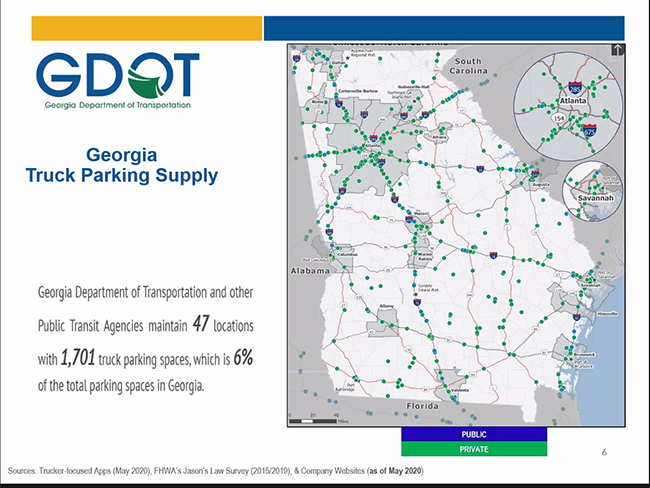Staff Reporter
E-Commerce Shaped by COVID-19 May Become New Normal, Experts Say

[Ensure you have all the info you need in these unprecedented times. Subscribe now.]
The online shopping trend hastened by the COVID-19 pandemic may signal a new normal for purchasing habits and shipping services, according to Adam Colon, director of operations at J.B. Hunt Transport Services Inc.
Colon described how consumer practices have changed during the pandemic in a session at the Transportation Research Board’s annual meeting Jan. 22. The event, which usually brings experts from around the world to Washington, was held virtually.
Colon said COVID-19 has encouraged online shopping, causing a high demand for shipping services. He indicated a premium has been placed on convenience, as consumers will search for products that will be delivered to their homes quickly.
“The new normal has definitely accelerated the convenience model,” Colon said. “Consumers want their product as soon as possible. I think we were already headed this way. I think this could be the new norm of shop.”
J.B. Hunt Transport Services ranks No. 4 on the Transport Topics Top 50 list of the largest logistics companies in North America and No. 4 on the Transport Topics Top 100 list of the largest for-hire carriers.
During the pandemic, safety has been a concern for freight haulers, who do not have the ability to work from home. Colon said the pandemic has prompted logistics and transportation companies to supply their workers with personal protective equipment and conduct employee screenings.
From the state government perspective, continuously updating truckers, industry representatives and the public has been key during the pandemic. Thomas McQueen, assistant planning administrator at the Georgia Department of Transportation, said this communication is important to the trucking community, as freight did not slow down when people started working from home.
In terms of operations, McQueen said GDOT has kept facilities open, noting the states that closed their rest areas when the pandemic hit received a swift public outcry. He said the agency also instituted enhanced cleaning schedules at rest areas.

(Transport Topics)
“Freight is a huge economic driver in this state,” McQueen said. “It’s not stopping, and we can’t either. It has to stay open.”
Besides enhanced safety practices, the trucking industry is confronting increased challenges associated with the industrywide driver shortage, which was a major issue even before the pandemic. The driver shortage has topped the American Transportation Research Institute Top Industry Issues list four years in a row.
Colon noted the “challenging headwinds” for recruiting new drivers during the pandemic. He said the Federal Motor Carrier Safety Administration’s Drug and Alcohol Clearinghouse, which went live in January 2020, has been a factor in the decline of the driver pool. By the end of last year, about 46,000 truck drivers had been issued drug violations. Of those, only 4,400 returned to work after completing treatment and follow-up tests.
“Across the board even pre-pandemic, there was already a driver shortage,” Colon said. “It’s not necessarily a position a lot of people are pushing their kids to be in. We were already battling that. [The pandemic] has accelerated the shortage even more.”
Want more news? Listen to today's daily briefing:
Subscribe: Apple Podcasts | Spotify | Amazon Alexa | Google Assistant | More




